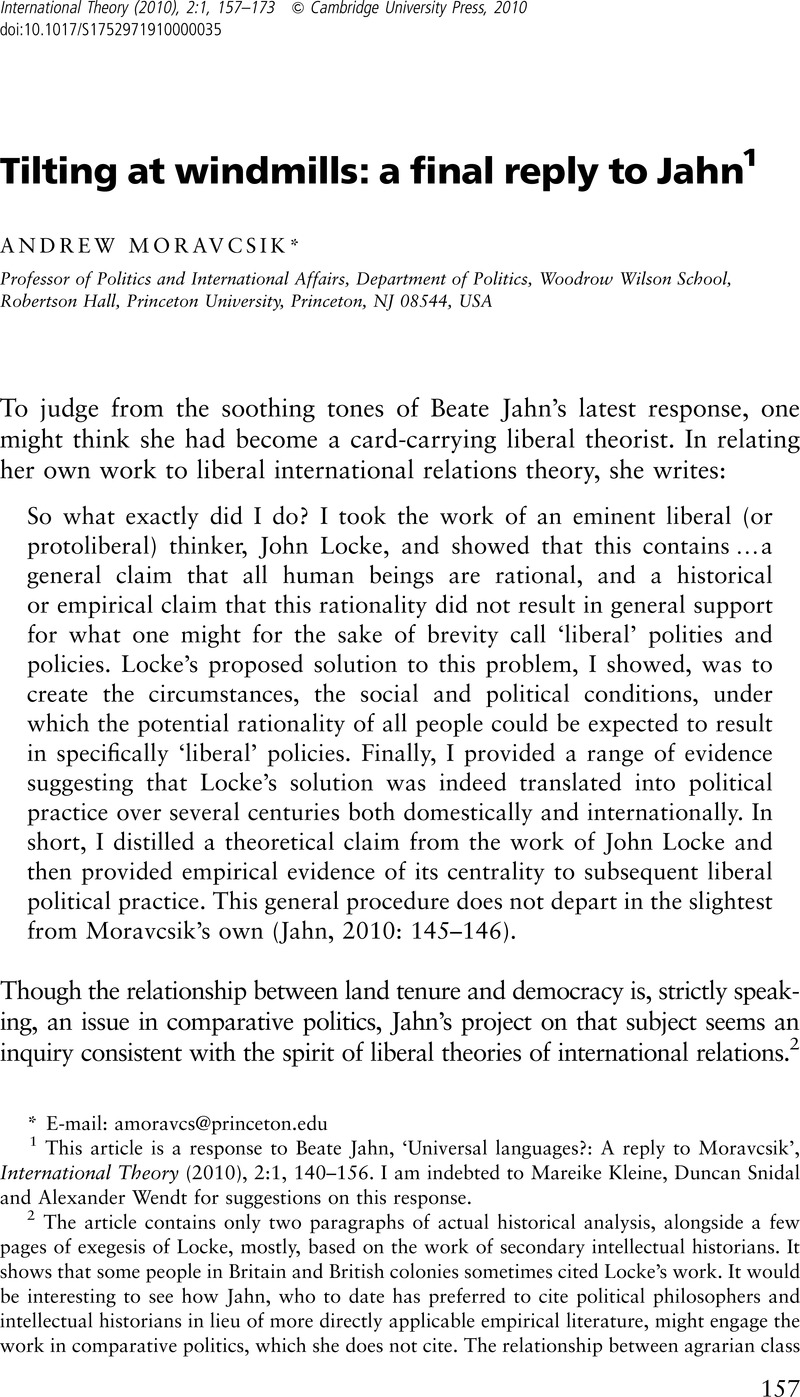Crossref Citations
This article has been cited by the following publications. This list is generated based on data provided by Crossref.
Steinhilber, Jochen
2012.
Theorien der europäischen Integration.
p.
141.
Peña, Alejandro M
2019.
International Relations as a Social System: From Sociocybernetics to the Sociology of IR.
International Political Sociology,
Vol. 13,
Issue. 3,
p.
253.



